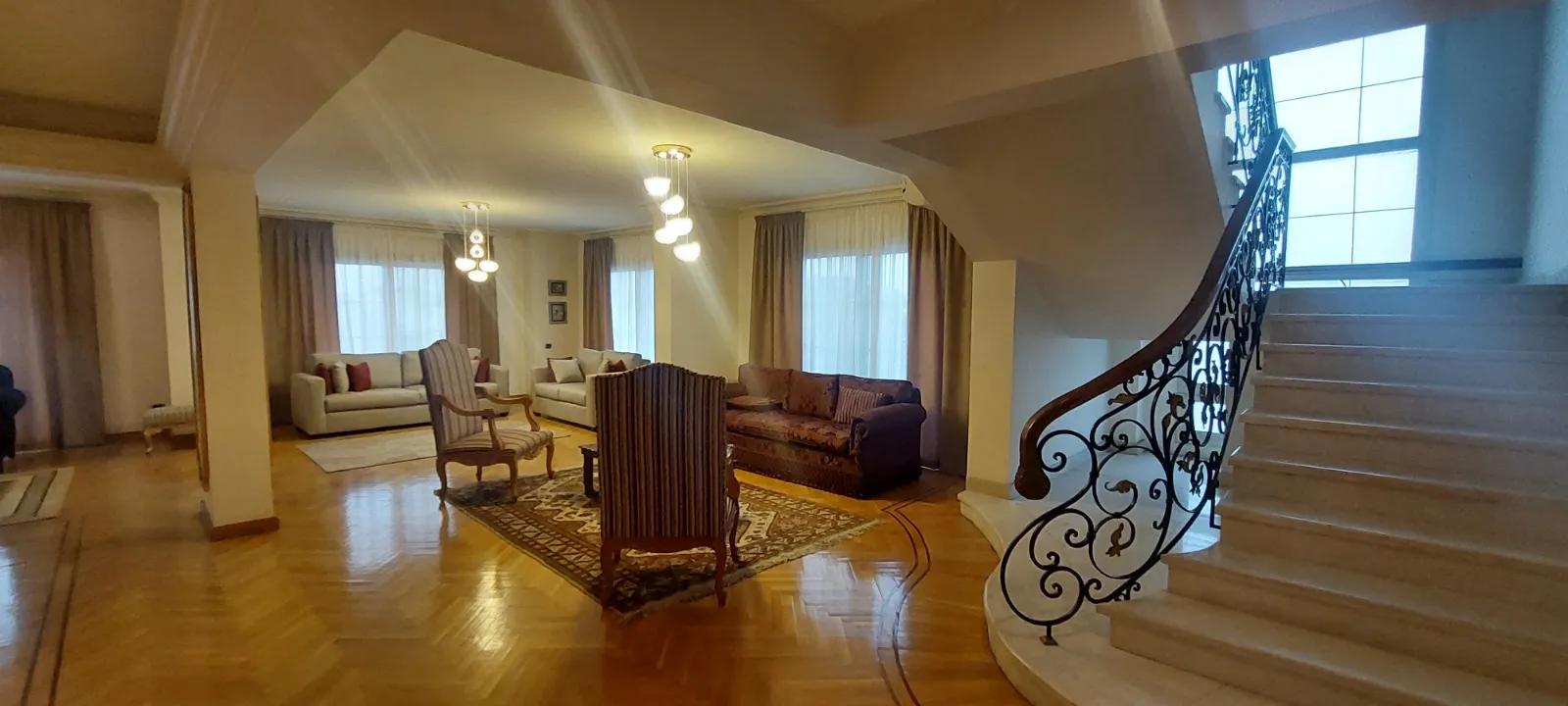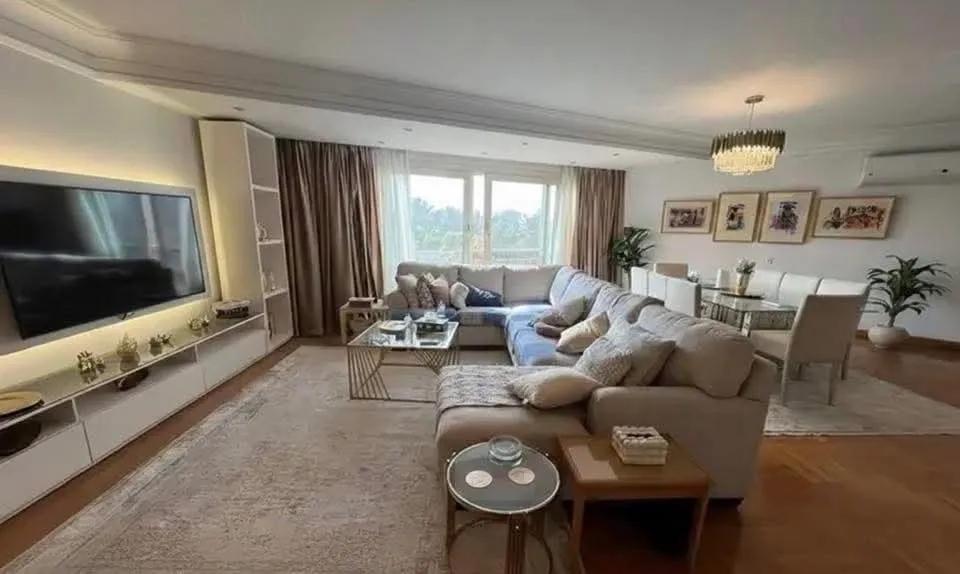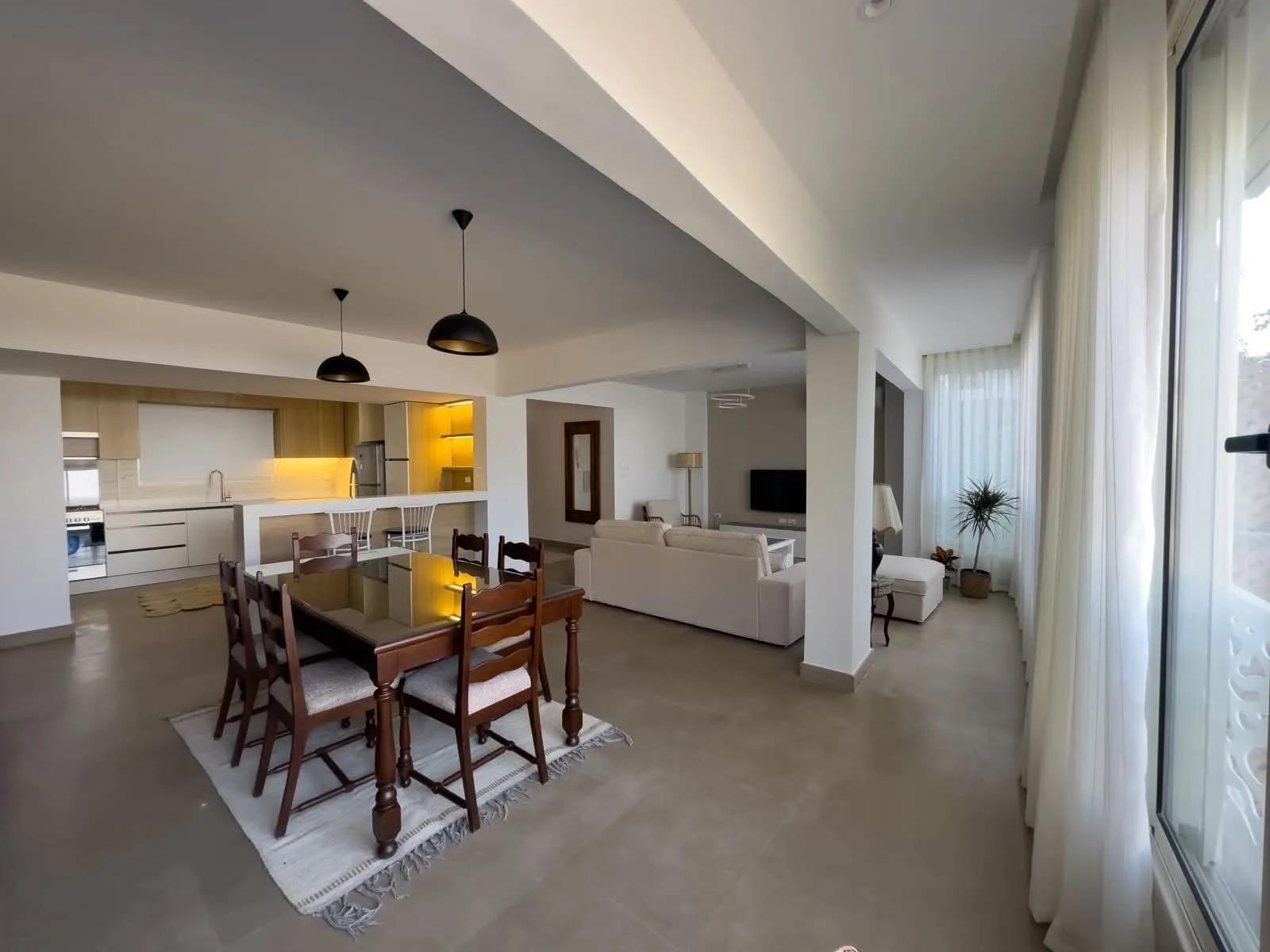Top Tips to Find an Apartment
Author
Ali Ashour
Time
10 Min.
Language
English
Created:
4/9/2024
Updated:
5/26/2025
Top Tips to Find an Apartment
Finding the right apartment demands careful consideration of affordability, emphasizing the wisdom of allocating no more than 30% of one's gross income towards rent. The apartment search can further benefit from versatility, such as the option of securing a roommate to share expenses or seeking out amenities tailored to specific needs, including pet-friendly or city apartments.

It's also prudent to take note of the timing, with seasonal variations influencing rental costs — winter often presents the most cost-effective opportunities to find an apartment for rent. Early commencement of the apartment hunting process, prepared for a span of several months, can significantly enhance the chances of landing move-in ready apartments that align with one's budget and preferences.
Determining Your Budget and Financial Planning
When embarking on the journey to find an apartment, establishing a clear budget is your first step. Using an online rent calculator can simplify this process, allowing you to input your gross monthly income, desired location, and preferred number of bedrooms to estimate what you can afford. Remember, experts recommend allocating no more than 30% of your salary to rent to maintain financial health.
Key considerations for your budget should include:
- Initial Costs: Security deposit, application fee, and move-in fees.
- Monthly Expenses: Rent, utilities, and renters insurance.
- Additional Costs: Furniture, moving expenses, and potential rent negotiation if the asking price exceeds 30% of your income.
To further streamline your financial planning:
- Prepare Necessary Documents: Have your proof of income, identification, and rental references ready.
- Furnishing on a Budget: Explore online shopping, discount retailers, and secondhand stores.
- Protect Your Belongings: Investing in renters insurance is advisable for peace of mind.
- Account for Lifestyle Expenses: Include utility costs, transportation, and regular activities in your budget planning.
- Save for the Unexpected: Allocate funds for unforeseen costs during tenancy.
By methodically addressing each of these areas, you can ensure a comprehensive approach to budgeting for your new apartment, making the process less daunting and more manageable.
Choosing the Right Location
Choosing the right location for your apartment involves a blend of personal needs, safety considerations, and the convenience of amenities. It's crucial to weigh these factors:

- Proximity Needs:
- Workplace or school: Ensures shorter commute times.
- Public transportation: For those relying on mass transit.
- Essential services: Grocery stores, hospitals, and leisure facilities.
- Safety and Community:
- Research neighborhood safety and apartment complex security measures.
- Visit at different times to assess safety and meet potential neighbors.
- Prioritize areas with low crime rates and strong community safety.
- Amenities and Lifestyle:
- Make a list of desired amenities: Parks, pet-friendly spots, and local businesses.
- Check for sufficient parking and accessibility to stairs, elevators, or private garages.
- Consider the local job market, economy, and the area's potential for growth or change.
Remember, the location of your apartment significantly influences your daily life and convenience. Taking the time to assess these factors thoroughly can lead to a more satisfying living situation.
Understanding Apartment Size, Layout, and Amenities
Understanding the apartment's size, layout, and amenities is crucial in making an informed decision that aligns with your lifestyle and future plans. Here are key points to consider:

- Apartment Size and Layout:
- Evaluate the square footage to ensure it accommodates your furniture and allows comfortable movement.
- Consider the number of bedrooms and bathrooms based on your current and anticipated needs, such as starting a family or having guests.
- Assess the flow of the space, including the kitchen, living room, and dining area layout, to ensure it suits your daily routines and entertainment style.
- Amenities and Features:
- Identify essential amenities that enhance your quality of life, such as in-unit laundry, dishwashers, parking, and pet policies.
- Consider the benefits of apartment complex amenities like fitness centers, pools, and communal spaces.
- Floor and Unit Location:
- Weigh the pros and cons of different floors: lower floors offer easy access, middle floors can save on utility bills, and top floors provide privacy and views.
- Corner units may offer more natural light and less noise. Consider view preferences and noise levels based on the unit's location and direction.
When touring apartments, pay attention to the condition of the unit, signs of pests, functional appliances, and the safety and security of the building. These factors, combined with your personal preferences and anticipated life changes, will guide you in finding the ideal apartment.
Insights on Scheduling and Conducting Apartment Tours
Before finalizing your move, organizing key aspects like scheduling your move-in date, setting up utilities, changing your mailing address, and deep cleaning your new space is crucial. Prepare necessary documents such as proof of income, a valid ID, and, if applicable, vehicle registration and proof of insurance.
Types of Apartment Tours and What to Expect
- In-Person Tours:
- Pros: Measure spaces, check water pressure, direct interaction.
- Cons: Possible pressure from agents, less personal space.
- Self-Guided Tours:
- Pros: Flexibility, firsthand experience of the apartment community.
- Cons: Potential technology issues, less guidance.
- Virtual Tours:
- Pros: Convenient, real-time agent interaction, rewatch capability.
- Cons: Limited perspective, can't physically test features.
Essential Questions and Precautions
During tours, inquire about parking availability, subletting policies, and maintenance request procedures. Avoid common pitfalls like being late, using the apartment's bathroom, or focusing too much on minor imperfections.
Leveraging Technology
Explore options like Matterport 3D for detailed views, and consider platforms like Facebook Live for open-house tours. These tools offer a comprehensive understanding of the space, aiding in a more informed decision-making process.
Conclusion
Through a careful examination of budgeting, location preferences, apartment sizes and layouts, as well as the intricacies of scheduling apartment tours, this guide underscores the multifaceted process of apartment hunting. Each step, from the initial financial planning that dictates your spending limits to selecting the right amenities that align with your lifestyle, is instrumental in navigating the path to a suitable apartment. The emphasis on early preparation, alongside leveraging seasonal opportunities, equips potential renters with the knowledge to make informed decisions, ensuring a match that fits both their budget and personal preferences.
As the journey to finding the ideal apartment culminates, remember the crucial role of thorough research, careful planning, and a keen awareness of your needs and financial capabilities. The insights provided serve as a blueprint to streamline the apartment hunting process, emphasizing the importance of understanding the implications of location, financial commitments, and the amenities that contribute to a desirable living experience. Armed with this knowledge, prospective renters are better positioned to find an apartment that not only meets their expectations but also provides a backdrop for a fulfilling chapter in their lives.






